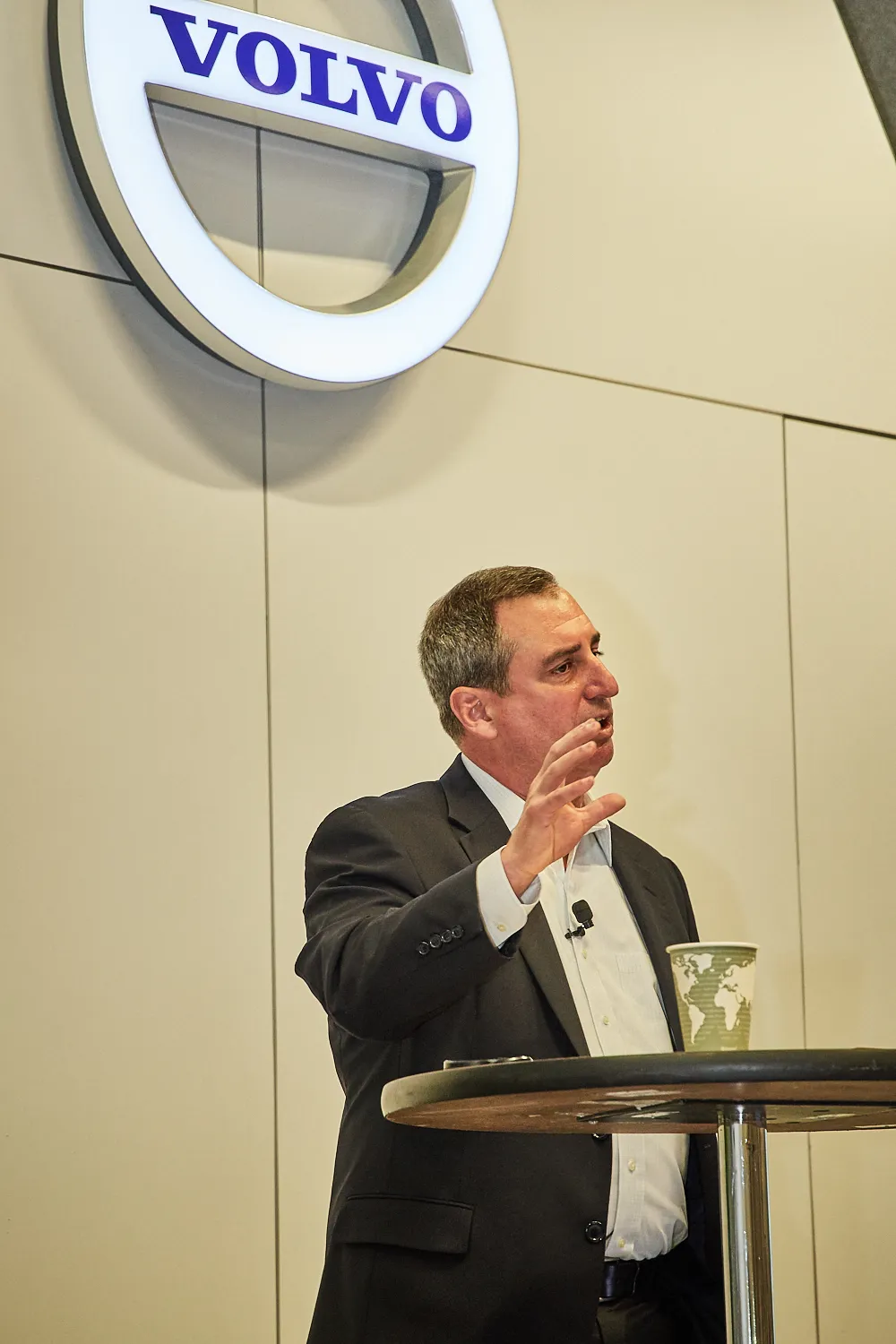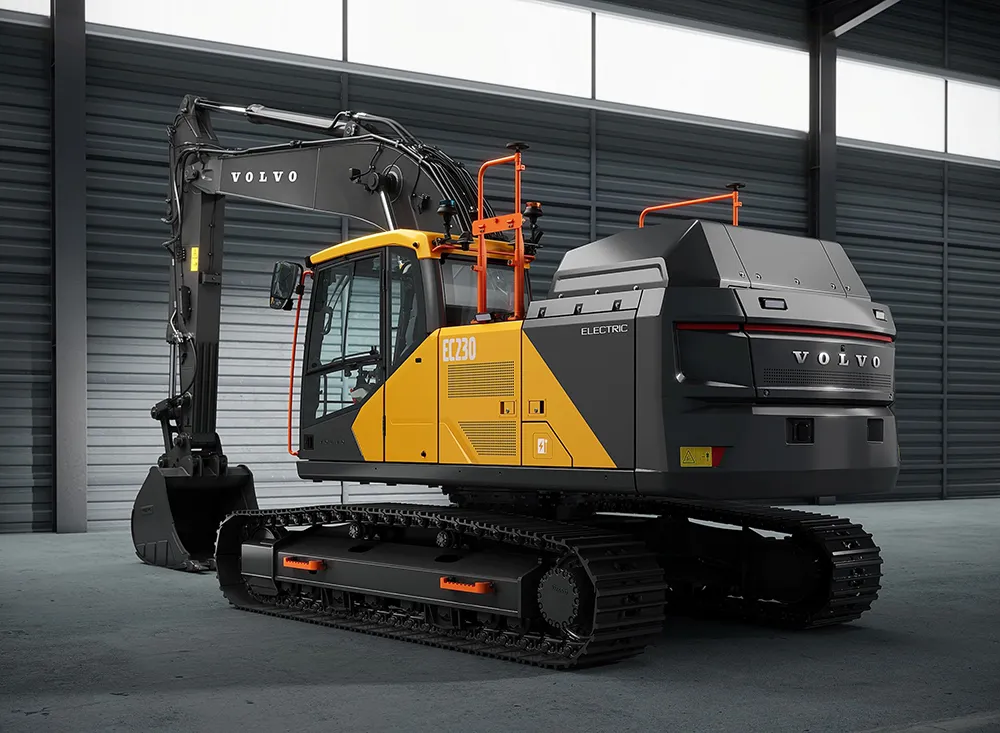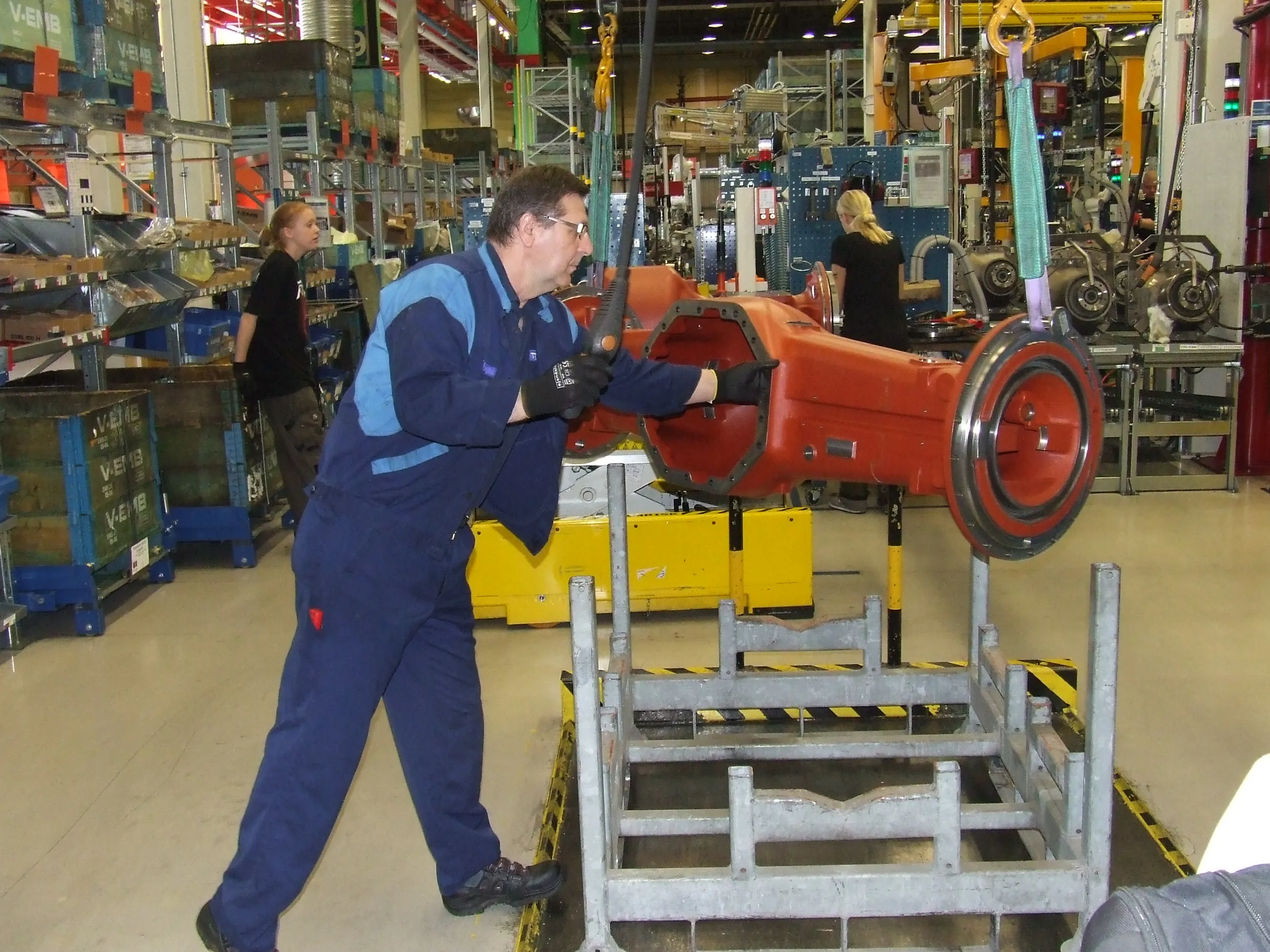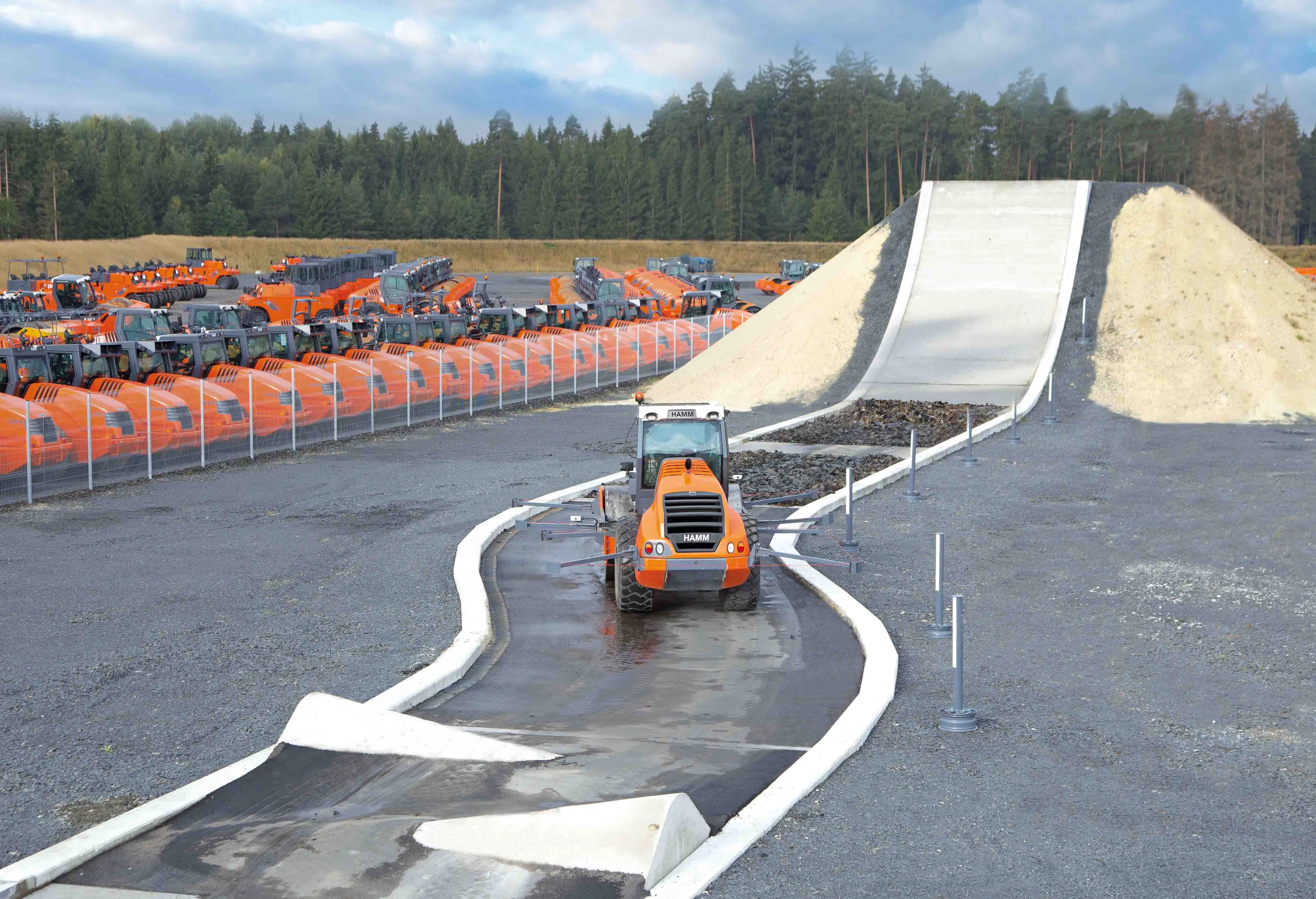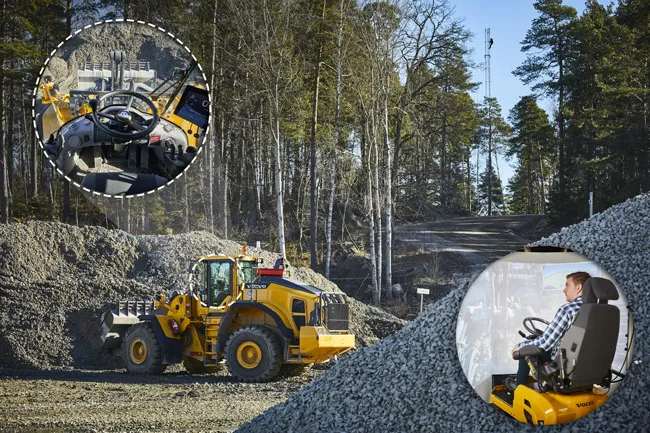
Volvo CE is starting trials on the use of remote controlled machines using the latest communications. The firm is working with Telia and Ericsson using a 5G network for industrial use today at Volvo CE’s facility in Eskilstuna. This is the first industrial use of 5G systems in Sweden, and one of the first for the off-highway machinery sector.
The system will be used to test remote-controlled machines and autonomous solutions at Volvo CE’s research and development facility at Eskilstuna. The firm says that it will also be used to increase understanding of how connected machines can create added value for the customer.
“Automation has several levels and having 5G is an important technical support to enable us to drive development in this area. These trials in Eskilstuna will include the remote control of a conventional wheel loader but also further tests of the HX2 concept load carrier,” said Melker Jernberg, president Volvo CE.
“We can see that the industry’s interest in 5G is considerable. Automation of the entire flow will mean new ways of working and greater gains from efficiency. But to connect business-critical machines and vehicles requires a solution that is able to handle the massive amounts of data with guaranteed connection. That is what 5G can give us,” said Anders Olsson, CEO of Telia Sweden.
Even with fully-automated systems, human intervention is still needed now and again for control. Todays’ remote-control technology has a time lag that makes it difficult to control at high speed or with high precision. 5G will make remote control simpler and safer.
“With extremely short response times, high capacity, and a high level of accessibility to the mobile network, commercial and standardised 5G technology can be used for applications such as remote control of heavy machinery in real time. This opens up new opportunities for greater efficiency, cutting costs and reducing risk in hazardous environments. 5G enables us to create a safer, more efficient and sustainable society. In cooperation with Telia and
Volvo CE, Telia and Ericsson have worked together before to deploy the latest technology to contribute to safer and more efficient mining, and in the summer of 2018, Volvo CE joined Telia's 5G partner programme. Volvo CE expects to be able to apply the lessons learned from tests at Eskilstuna to its global activities.
“We are testing locally in Eskilstuna, but we operate globally. Connected machines and autonomous solutions are the future. They can give our customers more efficient production, logistics, greater flexibility and safer work. By minimising the potential safety risks and downtime associated with sectors such as mining, we can get closer to our goal of zero emissions, zero accidents and zero unplanned stops. It will be exciting to see how far 5G can take us on that journey,” added Melker.
This is the fifth-generation mobile network. Compared with 4G, 5G is faster, has shorter lag time, higher accessibility and is able to handle more connected devices at the same time.


